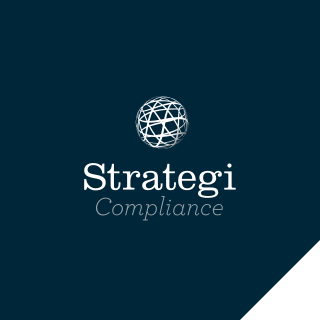What are controls?
Controls are the tools management employs to ensure compliance with adopted policies and procedures. While having policies and procedures in place is vital, their effectiveness hinges on regular testing. Think of controls as practical measures to protect your business.
Why are controls crucial in your AML/CFT programme?
In your AML/CFT programme, controls offer assurance to senior management that operations are functioning as intended. Comprehensive policies and procedures are valuable, but without controls, adherence becomes uncertain. Moreover, regular checks demonstrate compliance to auditors and supervisors, aligning with regulatory expectations.
Example of an AML/CFT control
A prime example is verifying the onboarding process for new clients. A control mechanism could involve using a checklist to review a random sample of new clients. While some organisations use specialised software, manual checks by appropriate staff members suffice for most businesses.
Different levels of controls
Controls can vary in frequency, ranging from daily to yearly checks, depending on the task. Additionally, the level of control may differ—while frontline staff may handle routine checks, certain tasks may warrant managerial oversight, as outlined in your policy.
Top tips:
- Document everything: Remember, during audits, if an activity isn’t properly recorded, it might as well not have occurred. So, make sure to meticulously document the outcomes of your control measures.
- Act on findings: Effective controls will uncover instances of non-compliance. Use these insights to promptly address any issues and rectify the situation.
- Ensure consistency across operations: All staff must adhere to your AML/CFT programme. Regular reporting and robust controls will help maintain compliance throughout your business.
- Appoint an independent reviewer: Select someone not directly involved in day-to-day operations to oversee control activities. This fresh perspective ensures thorough review and provides additional assurance to management regarding programme effectiveness.
If you have questions about your AML/CFT programme—whether policies, procedures, or controls—reach out to our expert team. We’re here to help you establish a successful framework. Contact us today.


